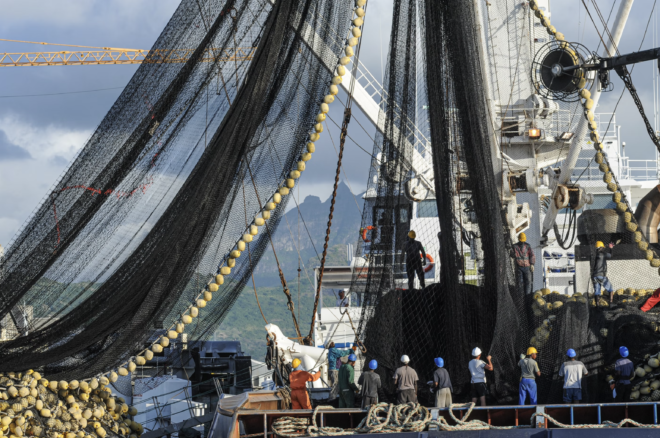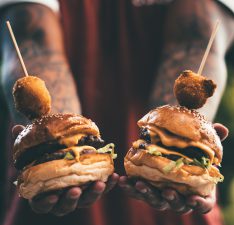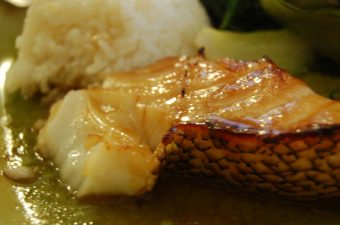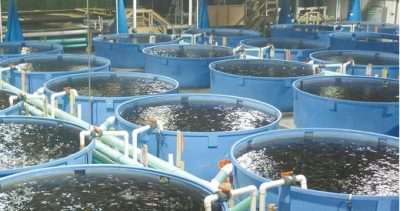Are you still eating commercially caught fish or are trying Alt Protein made to taste like fish? You might think about changing your dietary habits even if you are eating the 7 fish that are totally okay to eat. After taking a deep dive in the fishing industry, dolphin bycatch is being ignored and not reported.
That means with every fish you eat that’s caught from the sea, chances are other wildlife paid the price for your palette. And not just dolphins, but seals, sea turtles, sharks and sting rays are also getting trapped and killed by fishing nets.
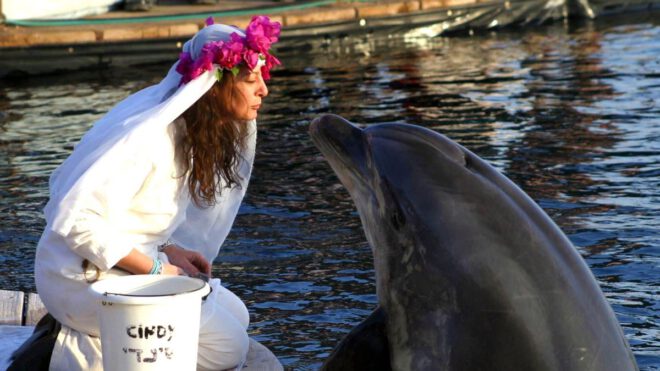
With this herring I thee wed: woman marries dolphin in Israel
An international team of researchers from the United Arab Emirates and the UK have developed a method to assess sustainable levels of human-caused wildlife mortality, which when applied to a trawl fishery shows that dolphin capture is not sustainable. (But is dolphin marriage? Remember the story about the woman from the UK who married a dolphin in Israel? The dolphin died in 2021)
The new study, led by scientists at the University of Bristol and United Arab Emirates University was published in the journal Conservation Biology.
Human activities like commercial fishing can result in the accidental death of non-targeted wildlife, threatening protected and endangered species. “Bycatch and discarding of marine wildlife in commercial fisheries are major challenges for biodiversity conservation and fisheries management the world over”, said Simon Allen of Bristol’s School of Biological Sciences, who studies dolphin behaviour and interactions with fisheries.
Bycatch Reduction Devices were placed in Western Australian trawl nets in 2006, but no quantitative assessment of the impact was carried out.
“We set out to model different levels of dolphin capture, including those reported in skippers’ logbooks and those by independent observers. Unfortunately, our results show clearly that even the lowest reported annual dolphin capture rates are not sustainable”, Allen said.
How to solve the dolphin bycatch problem?
The study’s lead author Oliver Manlik, Assistant Professor at the United Arab Emirates University explained how the researchers introduced a novel approach to assessing human-caused mortality to wildlife that can be applied to fisheries bycatch, hunting, lethal control measures or wind turbine collisions.
“And when we incorporate stochastic factors, random events, we show that previous methods of assessing wildlife mortality were not conservative enough,” says Manlik: “This raises concerns for the dolphin population and highlights a problem with other assessments that do not account for random events, like heatwaves, because these environmental fluctuations are becoming more frequent and intense with climate change.”
With only voluntary or low levels of fisheries monitoring and no quantitative conservation objectives, Allen notes that the UK and EU are also failing to address the bycatch problem.
Greater transparency and the application of more rigorous methods would improve the scientific basis for decision-making around the impacts of fisheries on non-target species like dolphins, whales, seals and seabirds.
While the authors suggest ways for better reporting the problem the only solution seems to be up to you – just don’t buy fish? Seems like a drastic solution but it impacted the tuna industry at some level. Although if the reporting standards are low anyway chances are the tuna industry, even the so-called sustainably caught tunas, are probably greenwashing our conscience.
Read more on large marine wildlife:
Dubai Marine Life At Risk After Devastating Shark Catch
Kuwaiti Sharks, Ecosystems and Exxon
25 Shark Species In Persian Gulf Need Urgent Protection

